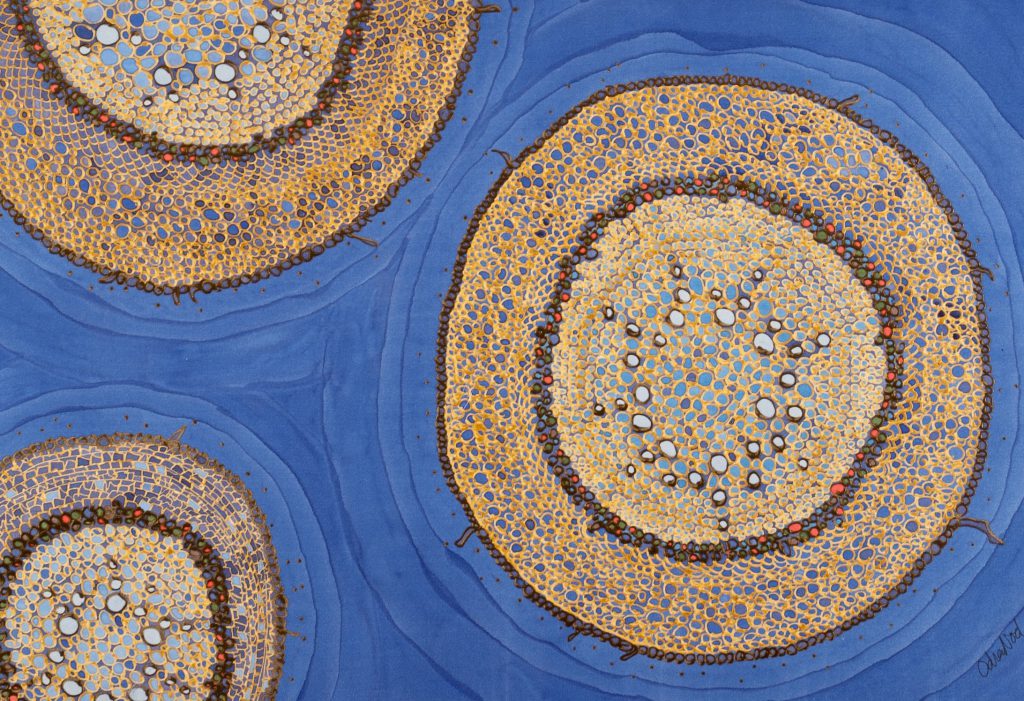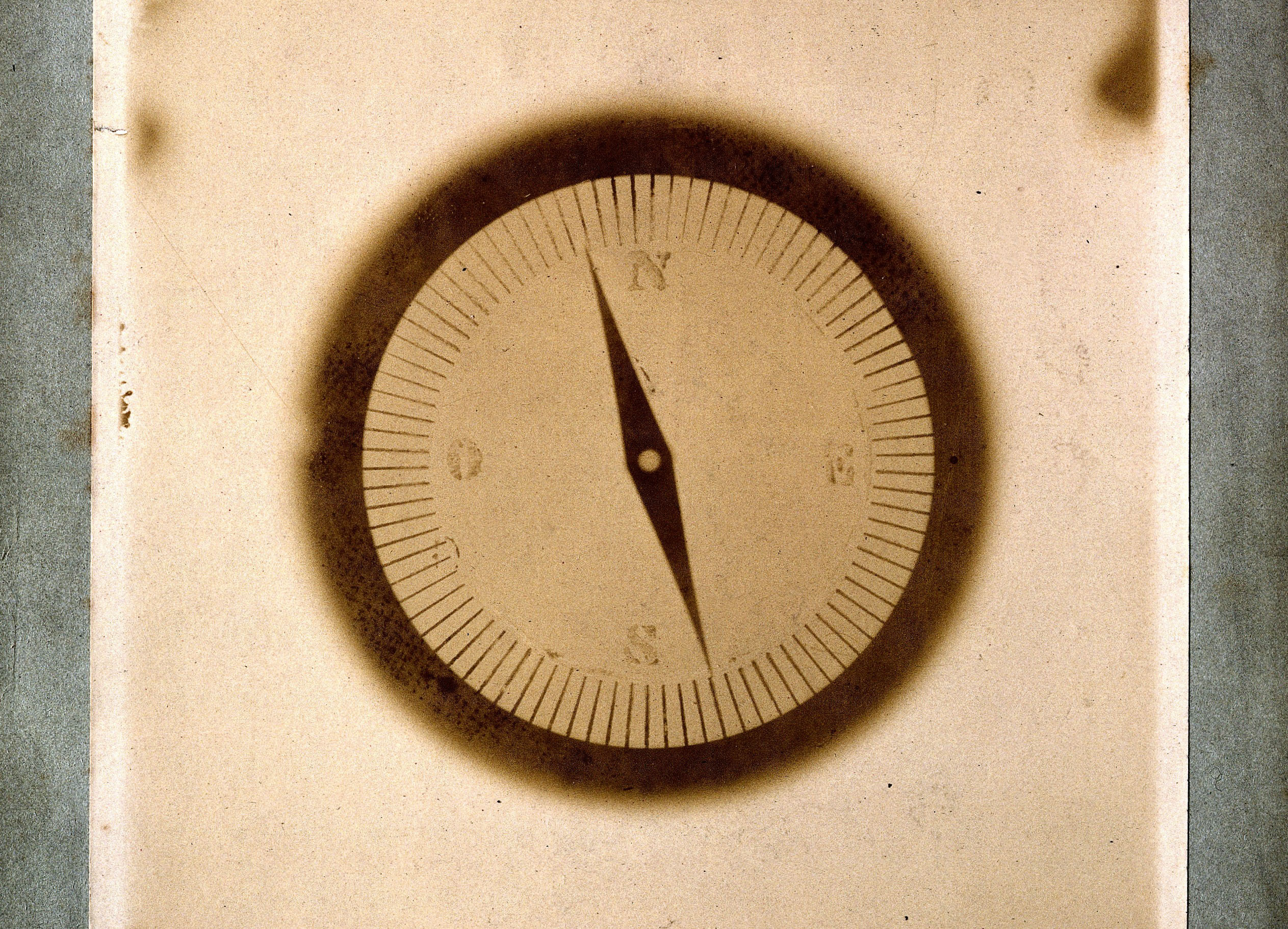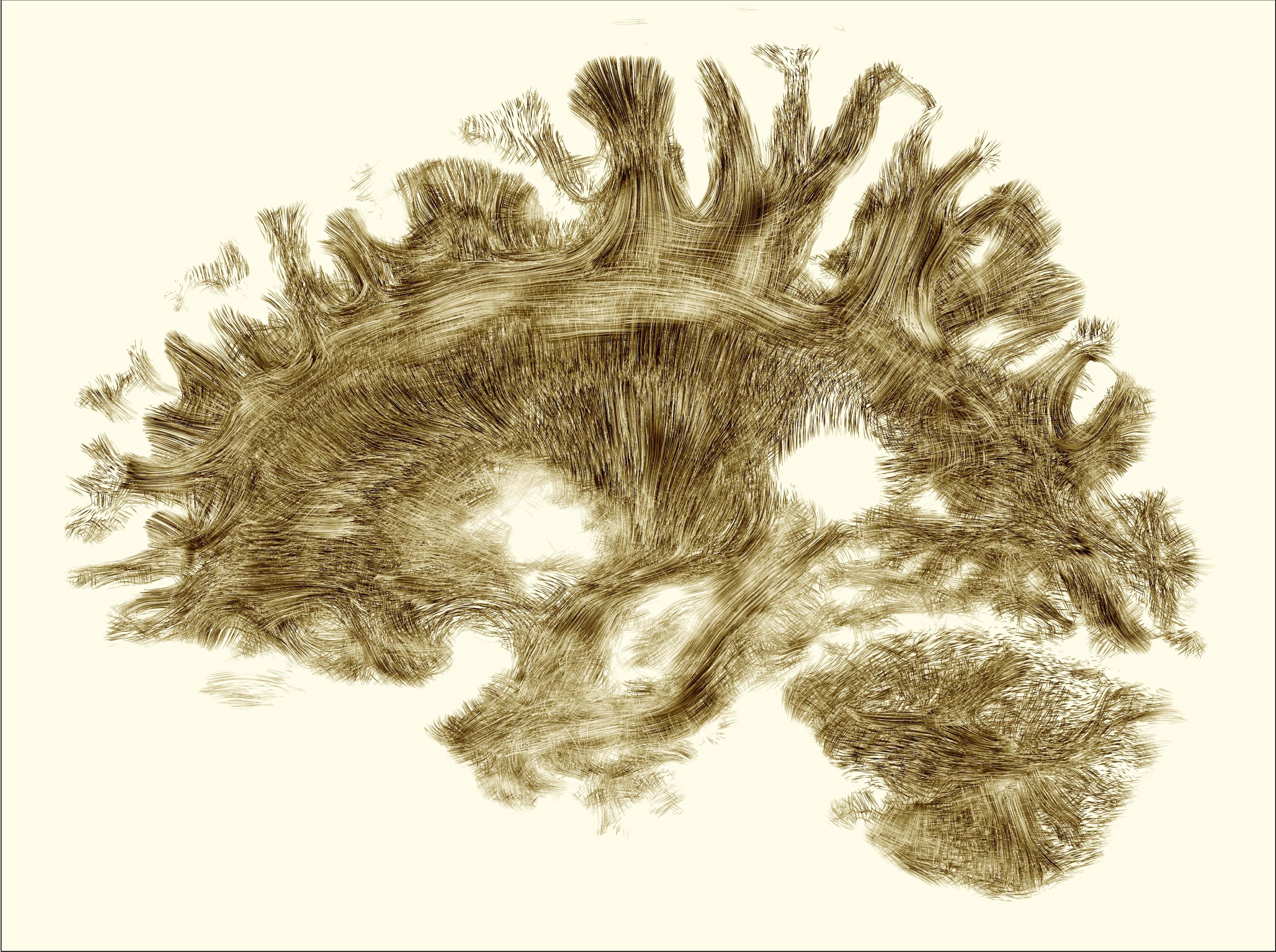Enabling Legal Capacity Through Decision-Making Support.
Led by Dr Jill Craigie, this project will critically examine decision-making support as a strategy for jointly satisfying the two fundamental imperatives of protection and respect. It has a particular focus on intellectual disability and autism.






